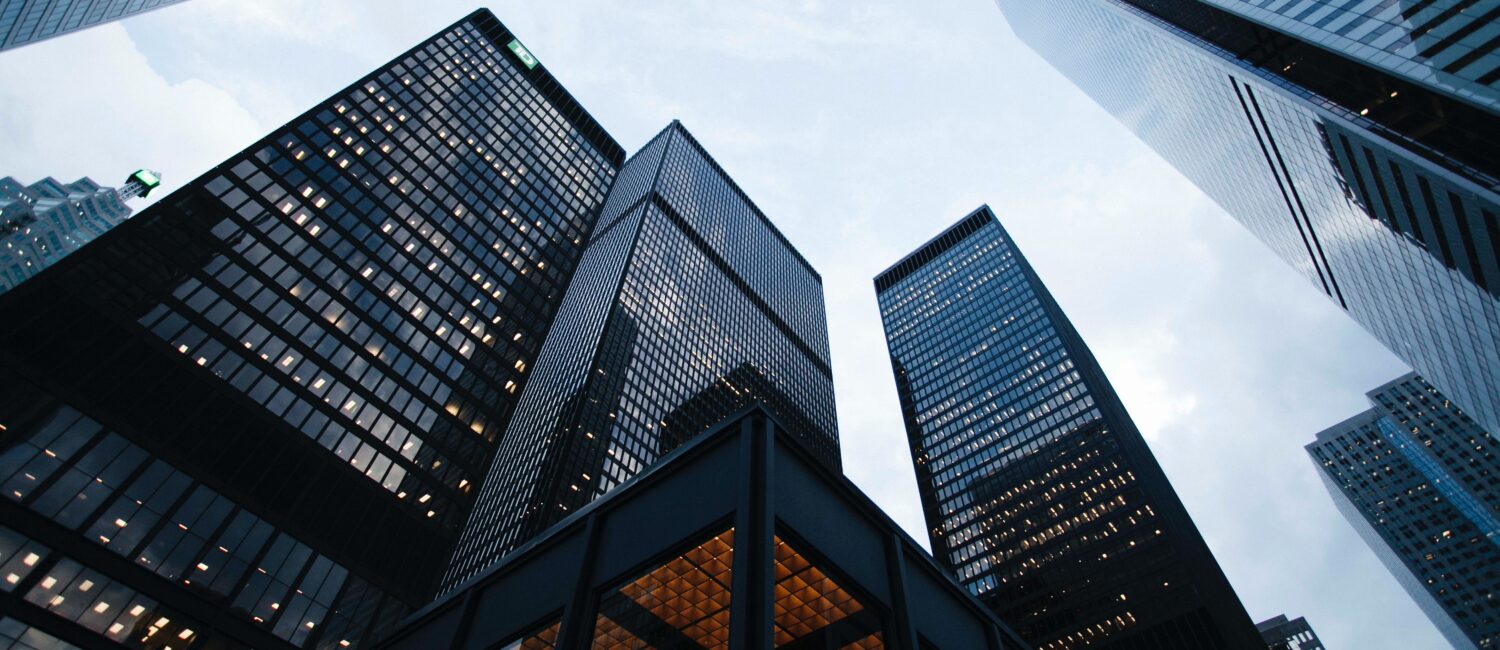Bounce Back Loans and Personal Liability
Information published by the British Business Bank, shows that the proportion of overall Covid support loans issued throughout the UK, corresponded with respective shares of the business population.
The North West of England reported the largest usage of CBILs and BBLS (11%) outside London and the Southeast (34%). According to the same data, 114,715 were offered to businesses in the West Midlands, which is equivalent to approximately 8% of the UK business population.
These loans were intended to support businesses, although many that received a Bounce Back Loan have not been able to survive. Although directors are not personally liable for Bounce Back Loans taken by their company, there are certain exceptions to be aware of.
Do Bounce Back Loans have Personal Guarantees?
The government provided 100% security to lenders for loans obtained through the Bounce Back Loan Scheme (“BBLS”), however, it is the responsibility of the company itself to pay back the loan in accordance with the agreed terms. The government guarantee meant company directors were not required to provide a personal guarantee.
Where a company is unable to recover from the impact of Covid-19, or other current issues, and finds itself in financial distress later, or enter liquidation, then responsibility for repaying the BBL will remain solely with the company.
When can a director be held personally liable for using a Bounce Back Loan?
A company must be able to demonstrate that a BBL was properly applied for, and that it met the lending criteria. Furthermore, the BBL funds must have been used to provide an economic benefit to the business. The funds cannot have been used personally by directors or otherwise used in a way which did not provide any benefit to the company’s business.
If the BBL funds have not been used correctly, and the company cannot afford to repay the loan and subsequently enters a formal insolvency procedure, there is a risk that company directors could be made personally liable for the repayment of the loan.
If the loan has been used sensibly, and subsequent transactions can be supported, liquidation of the company would mean the end of the BBL liability.
What options do I have if my company cannot pay its Bounce Back Loan?
Company Rescue
If the business is viable then it may be rescued either via a Company Voluntary Arrangement (CVA) or Administration.
A CVA is a legally binding agreement between a company and its creditors, in which creditors are paid all or part of the debt over an agreed period. Subject to approval, a CVA could allow the company to continue trading, whilst making affordable payments to its unsecured debts. A Licenced Insolvency Practitioner is appointed to supervise the CVA, ensuring the company adheres to the terms of the agreement.
Administration is an option which can rescue a company but is more likely to save the core business and provide continuity to certain stakeholders. A Licenced Insolvency Practitioner is appointed to manage the company’s affairs. The process can allow the company to continue trading (in administration), could result in a sale of the business and assets.
Company Closure
In many cases you will need to consider whether the company should be wound-up (formally closed). Voluntary liquidation is an insolvency process formally known as Creditors Voluntary Liquidation (CVL) and is appropriate where a business has no viable future and must cease trading. Once it is resolved that the company should enter CVL, a Liquidator will be appointed by the shareholders and creditors, and company assets will be sold to repay its liabilities.
Help from Licenced Insolvency Practitioners
Keywood Group is a Licenced Insolvency Practice with offices in Birmingham and London. Our team has over 20 years’ experience in dealing with company closure. We pride ourselves on providing transparent advice on the implications of each option.
If you would like any further information, please contact us on 0208 912 0399 for a no obligation chat.











